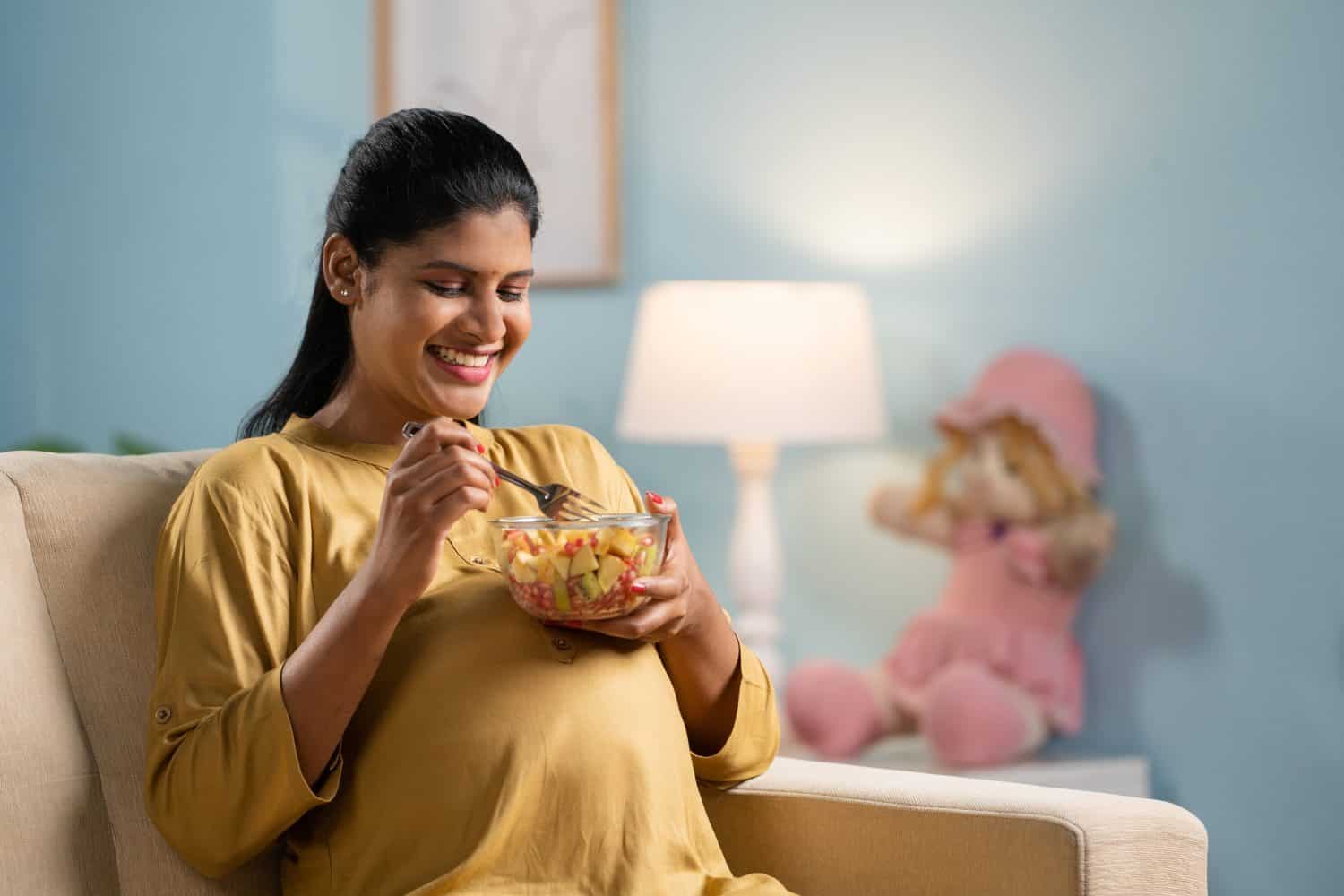

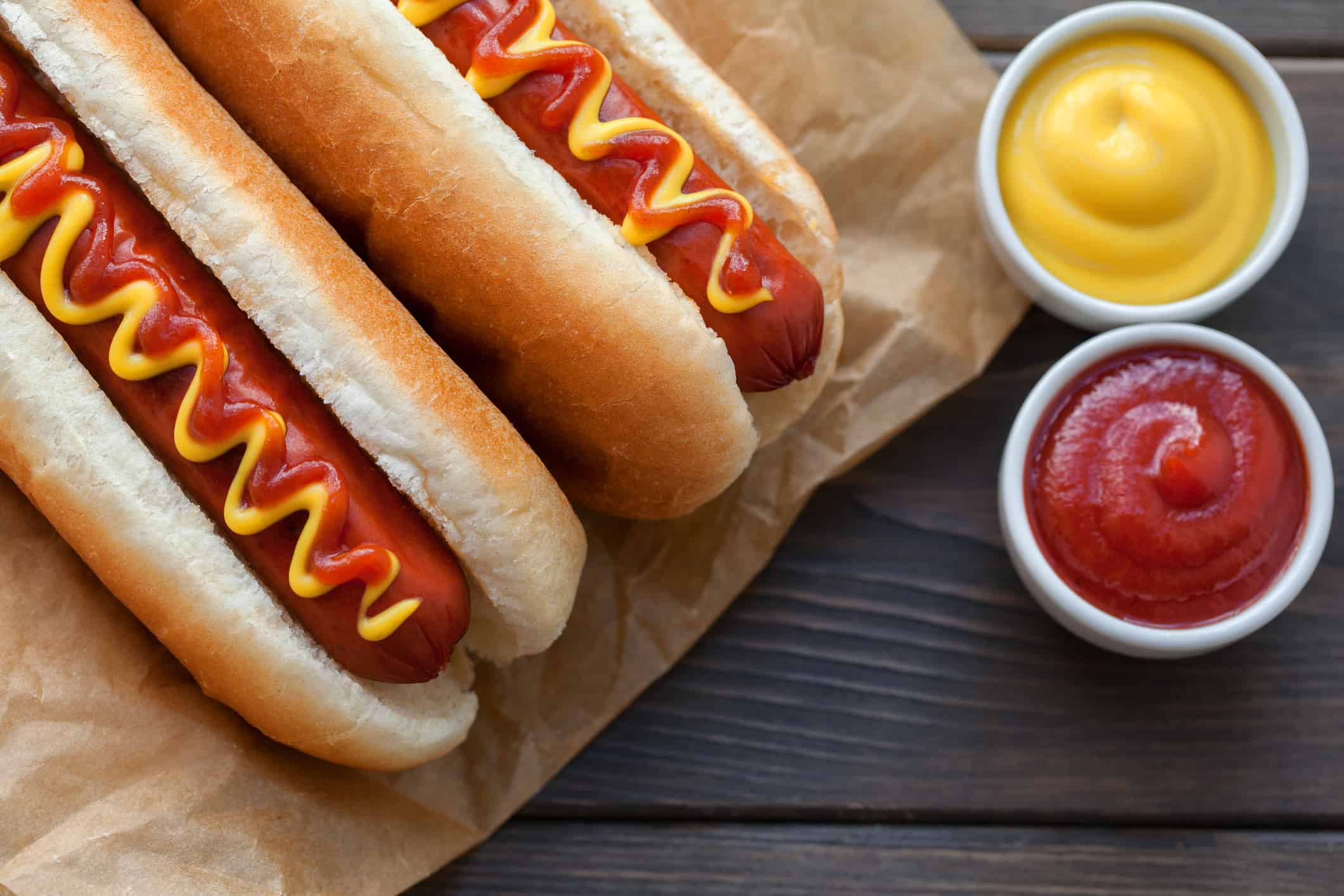
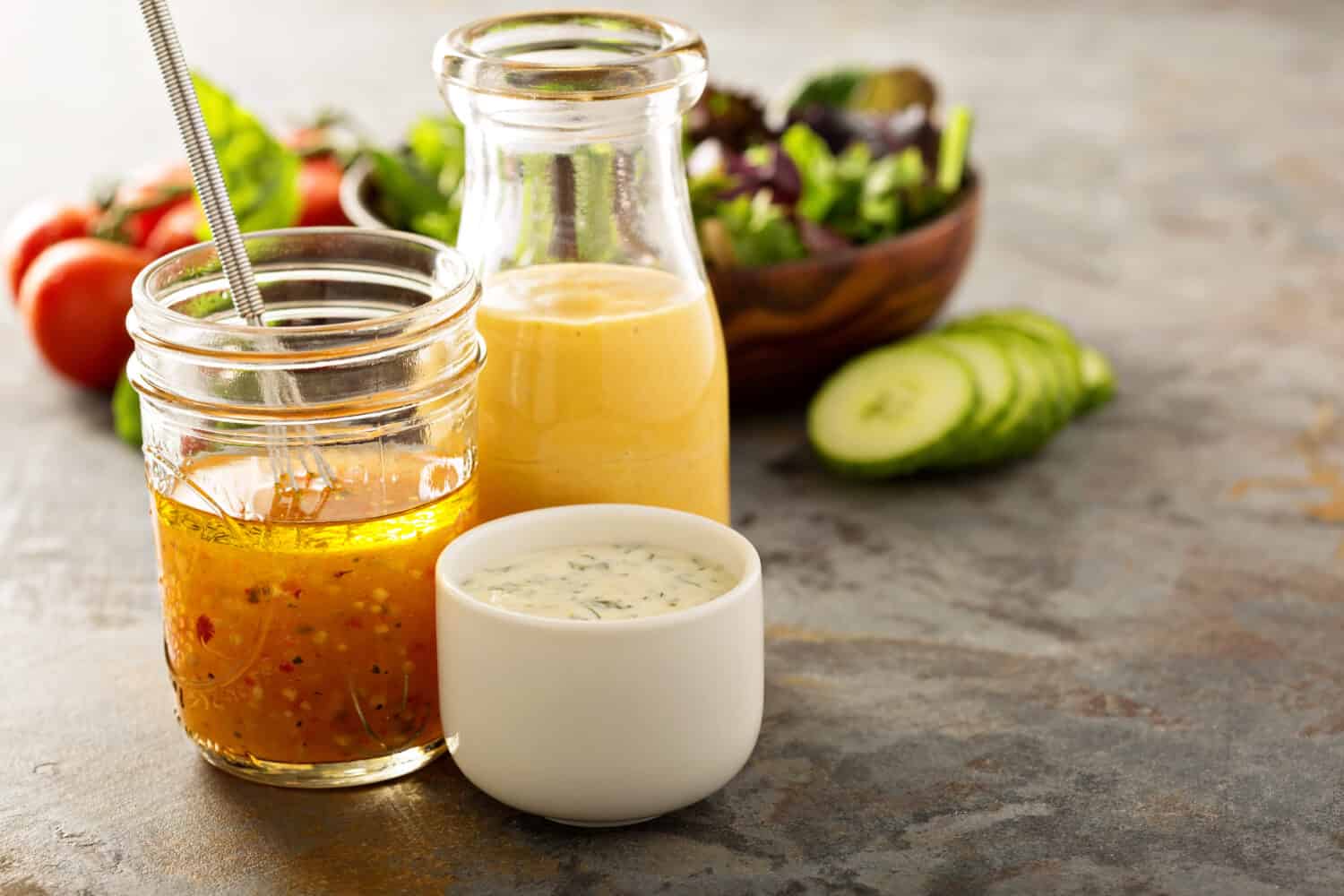

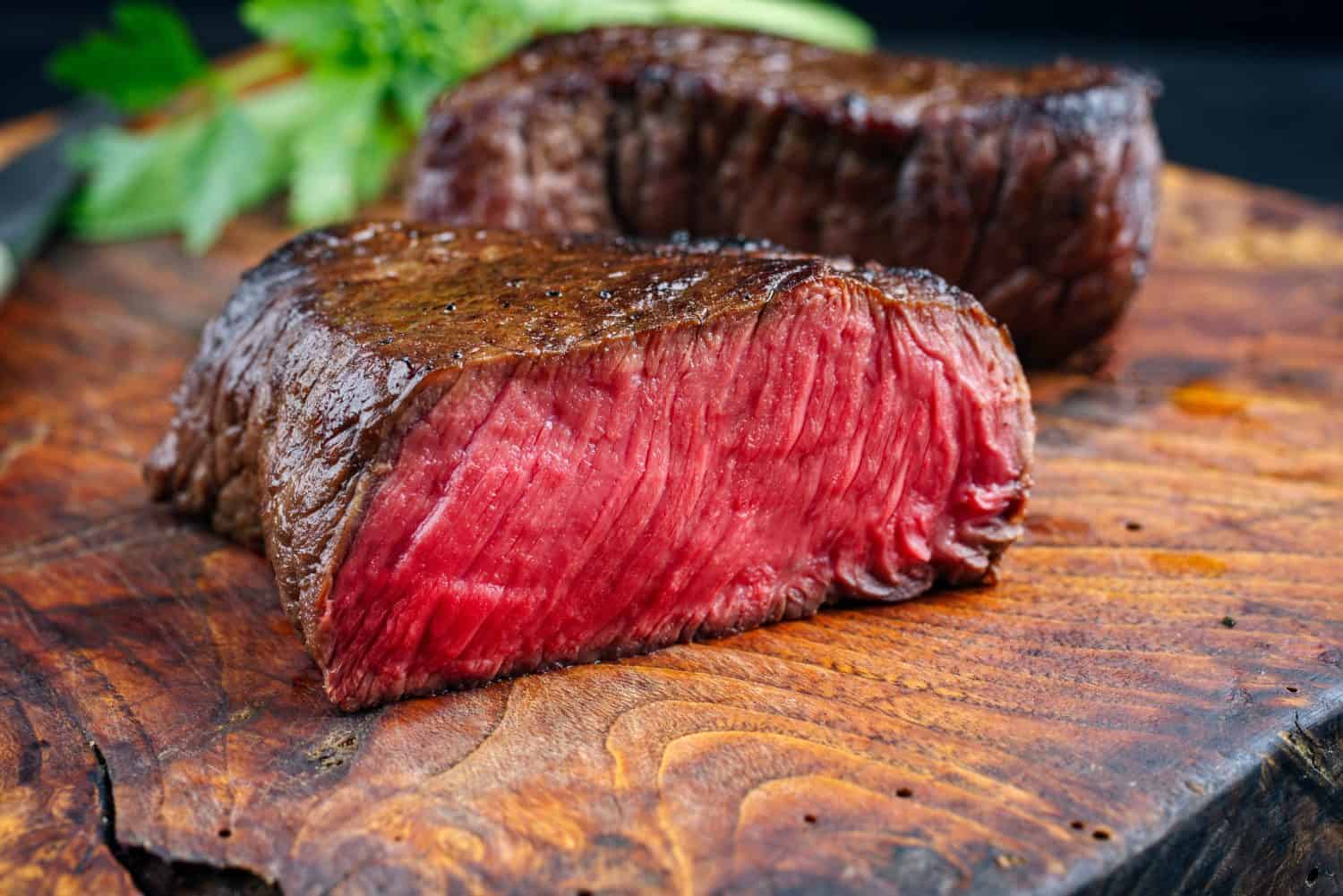
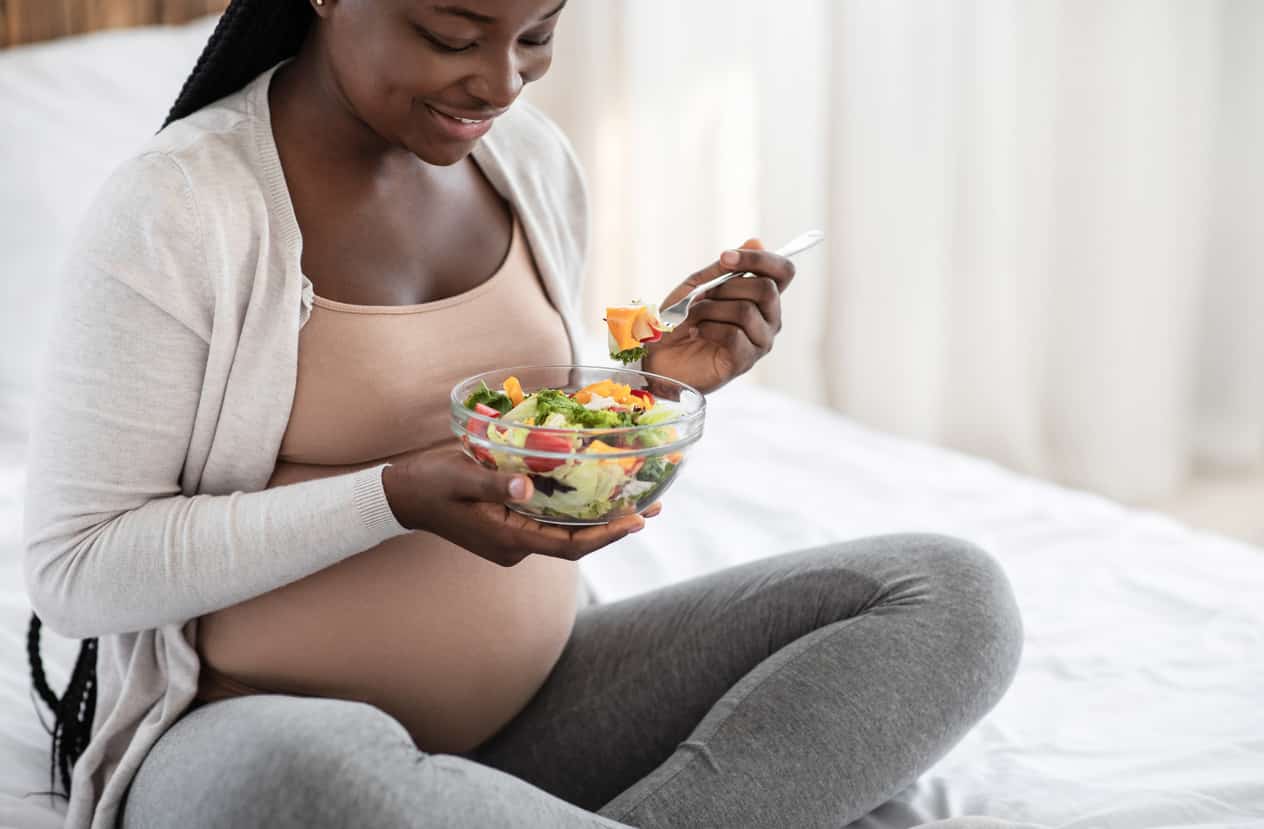
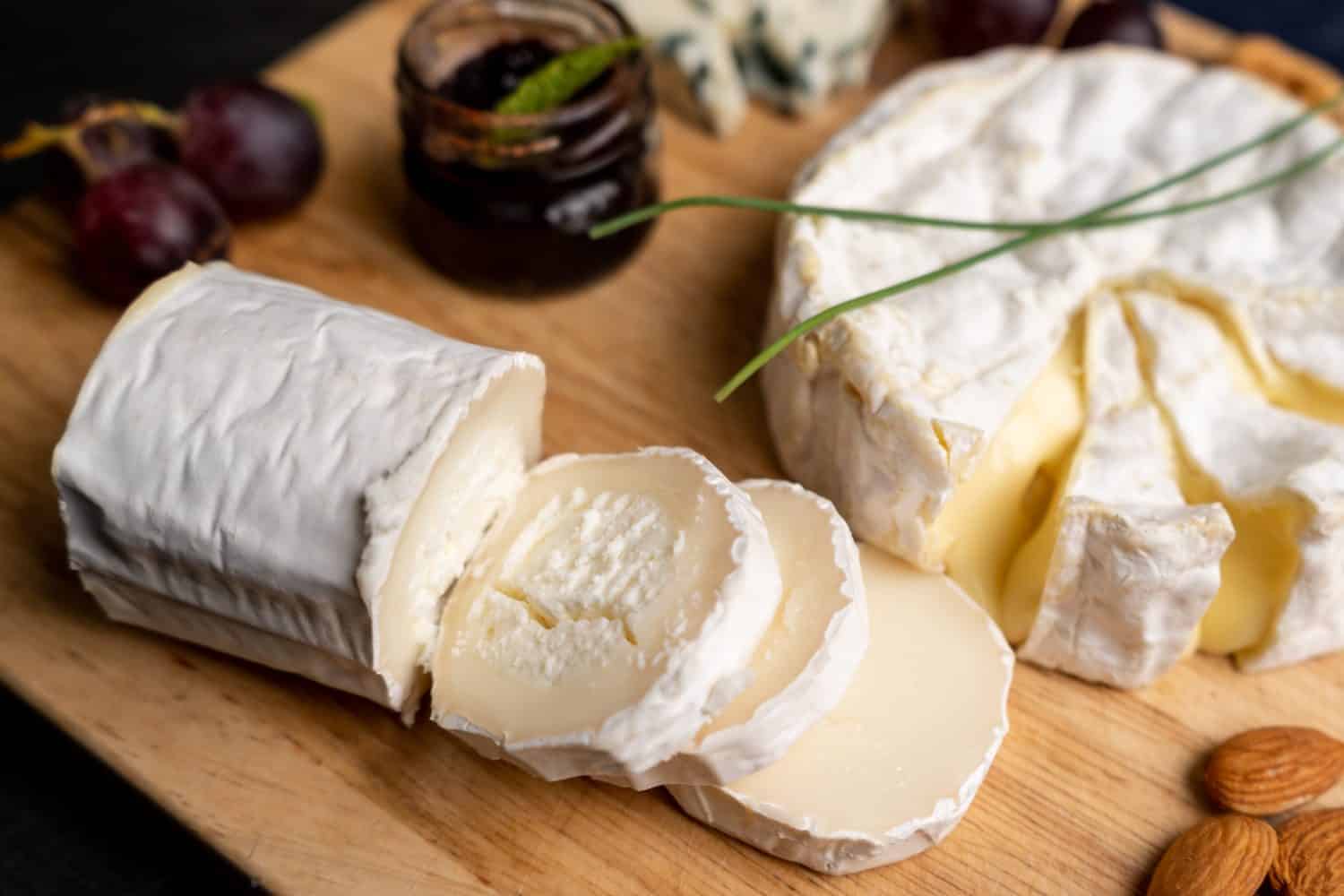


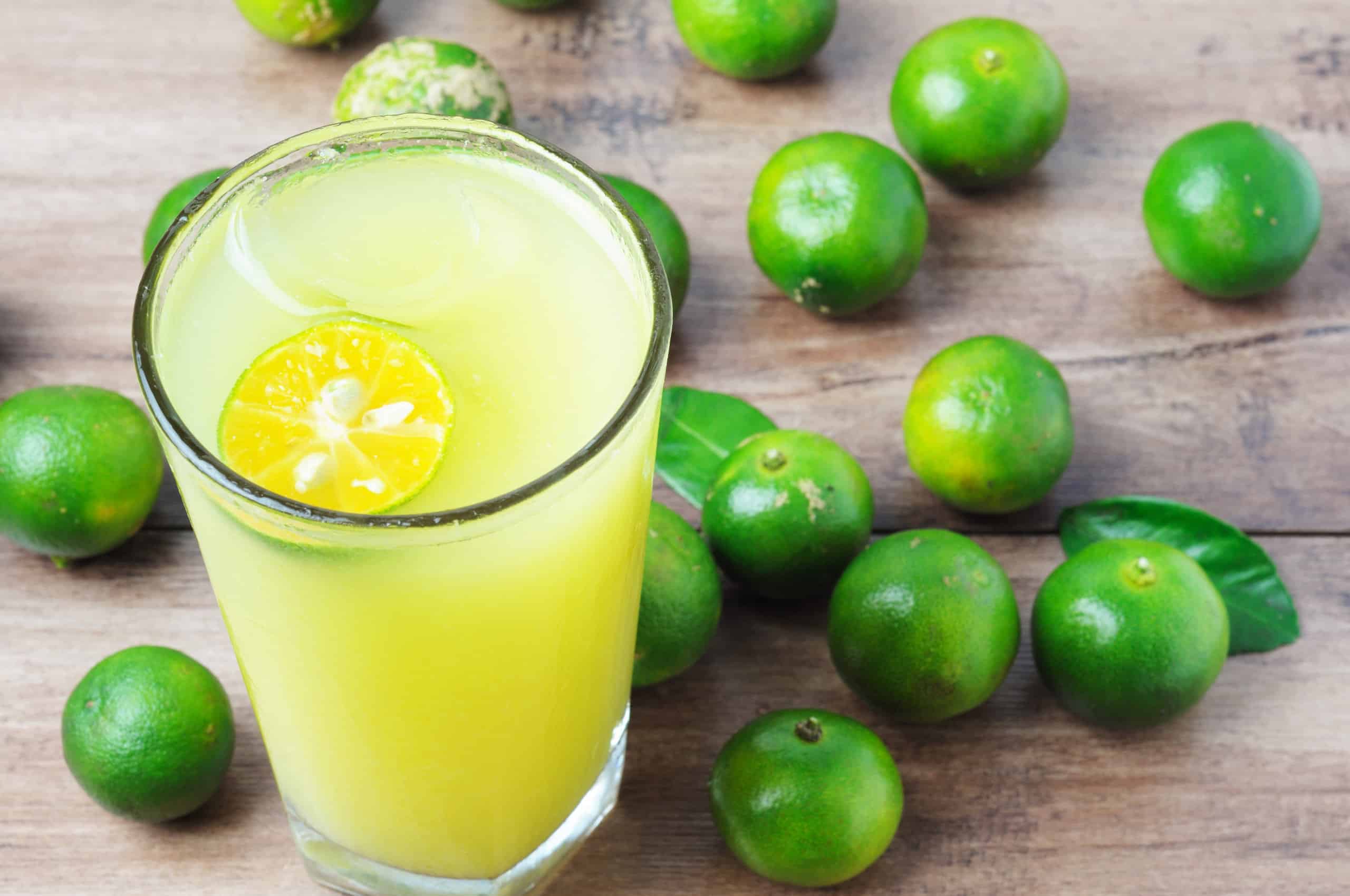
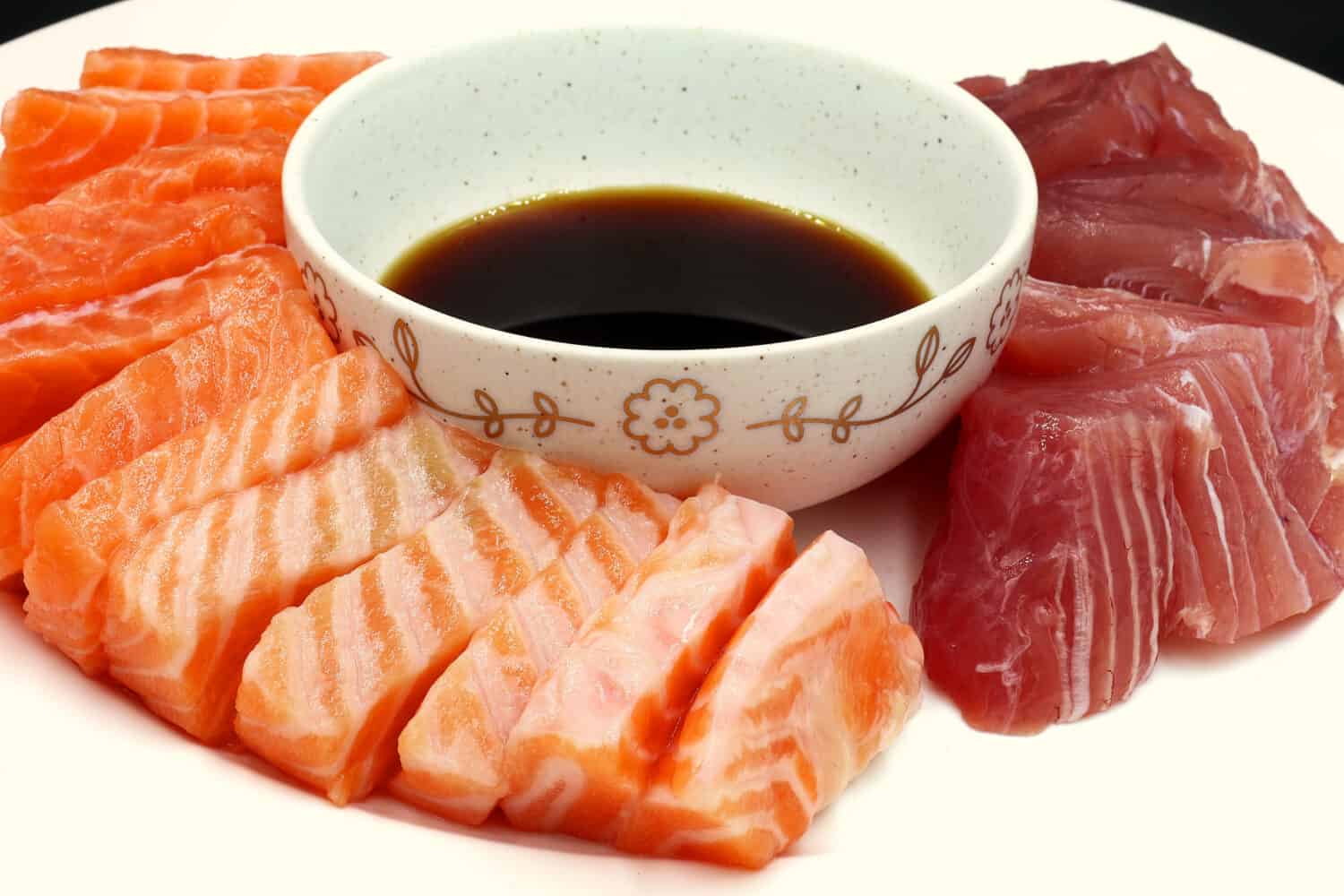
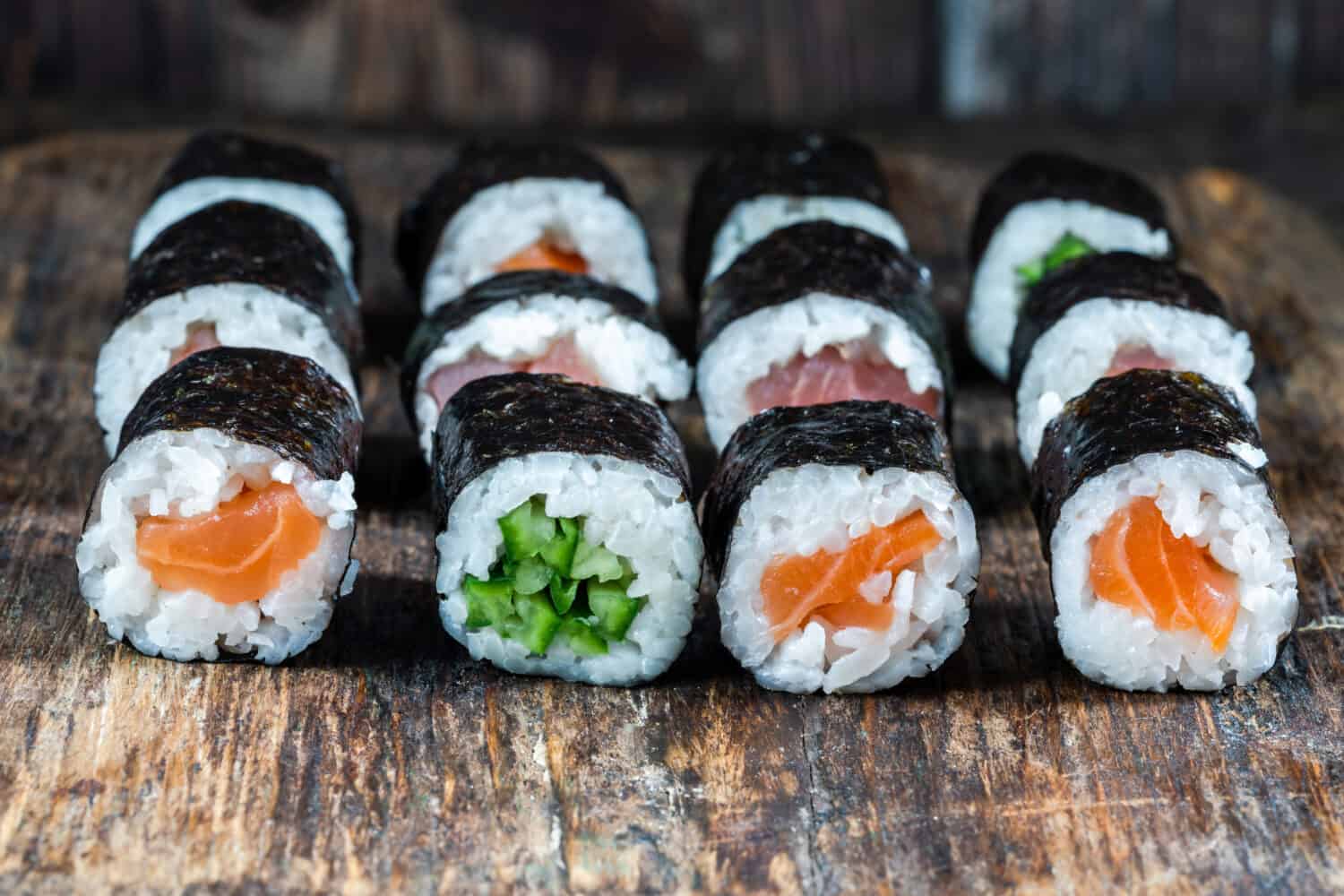

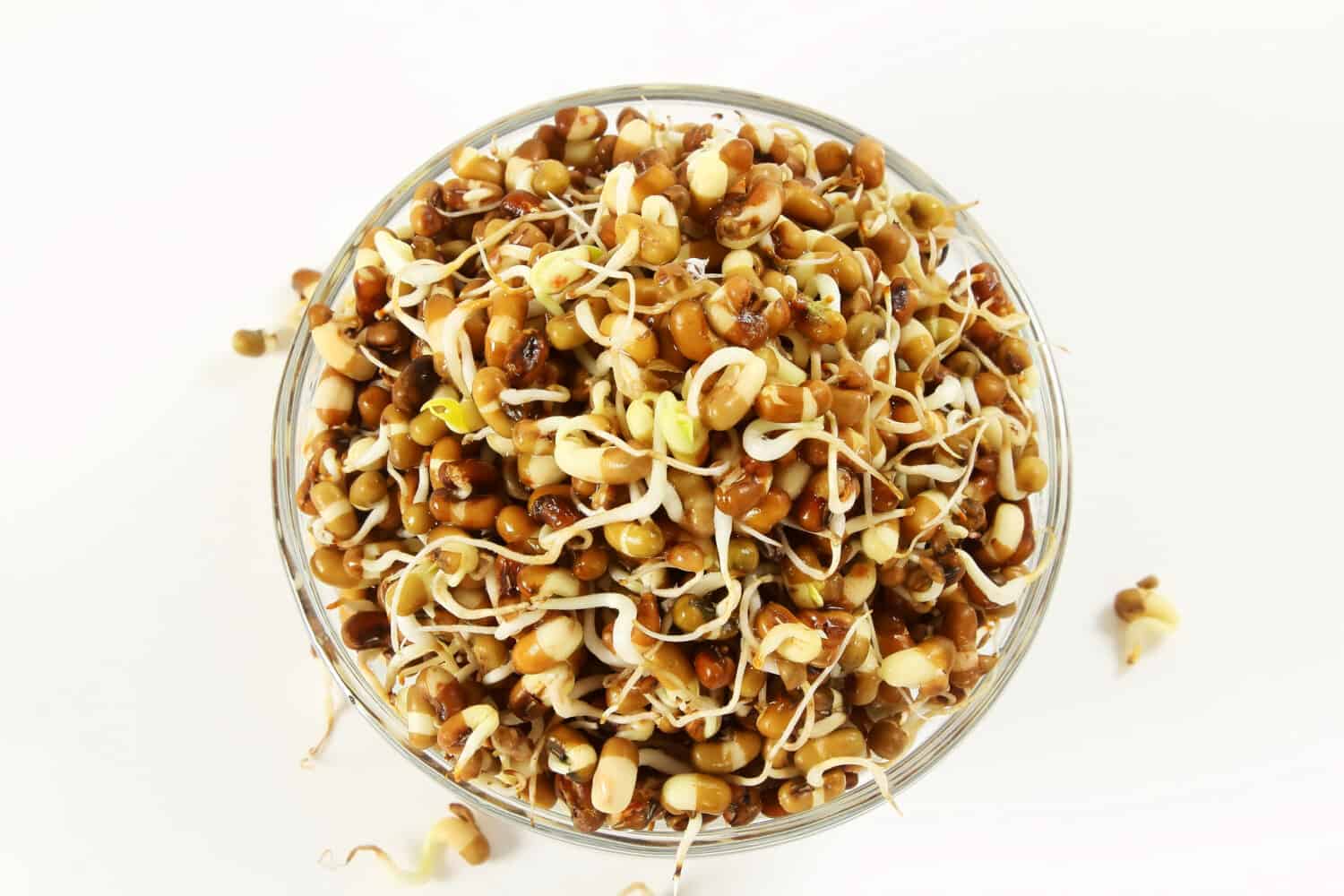

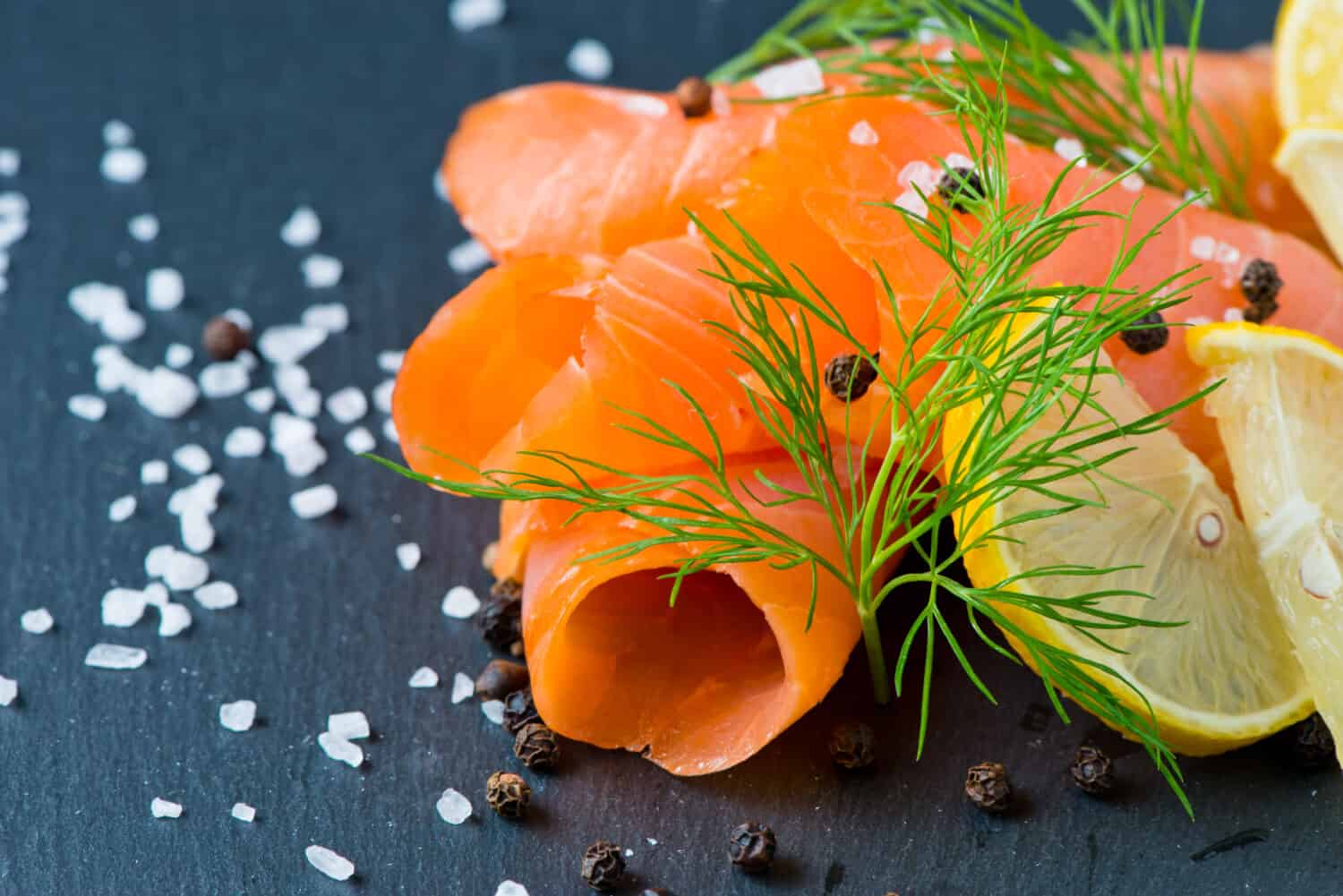


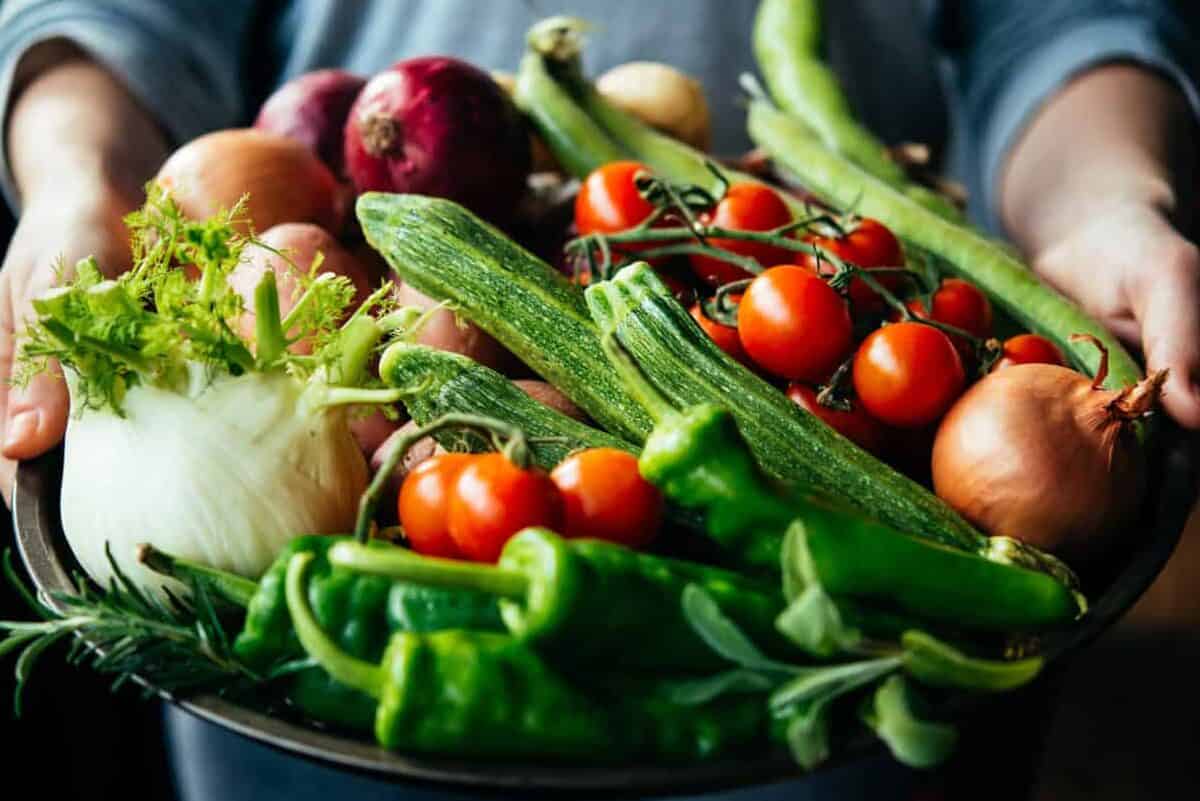
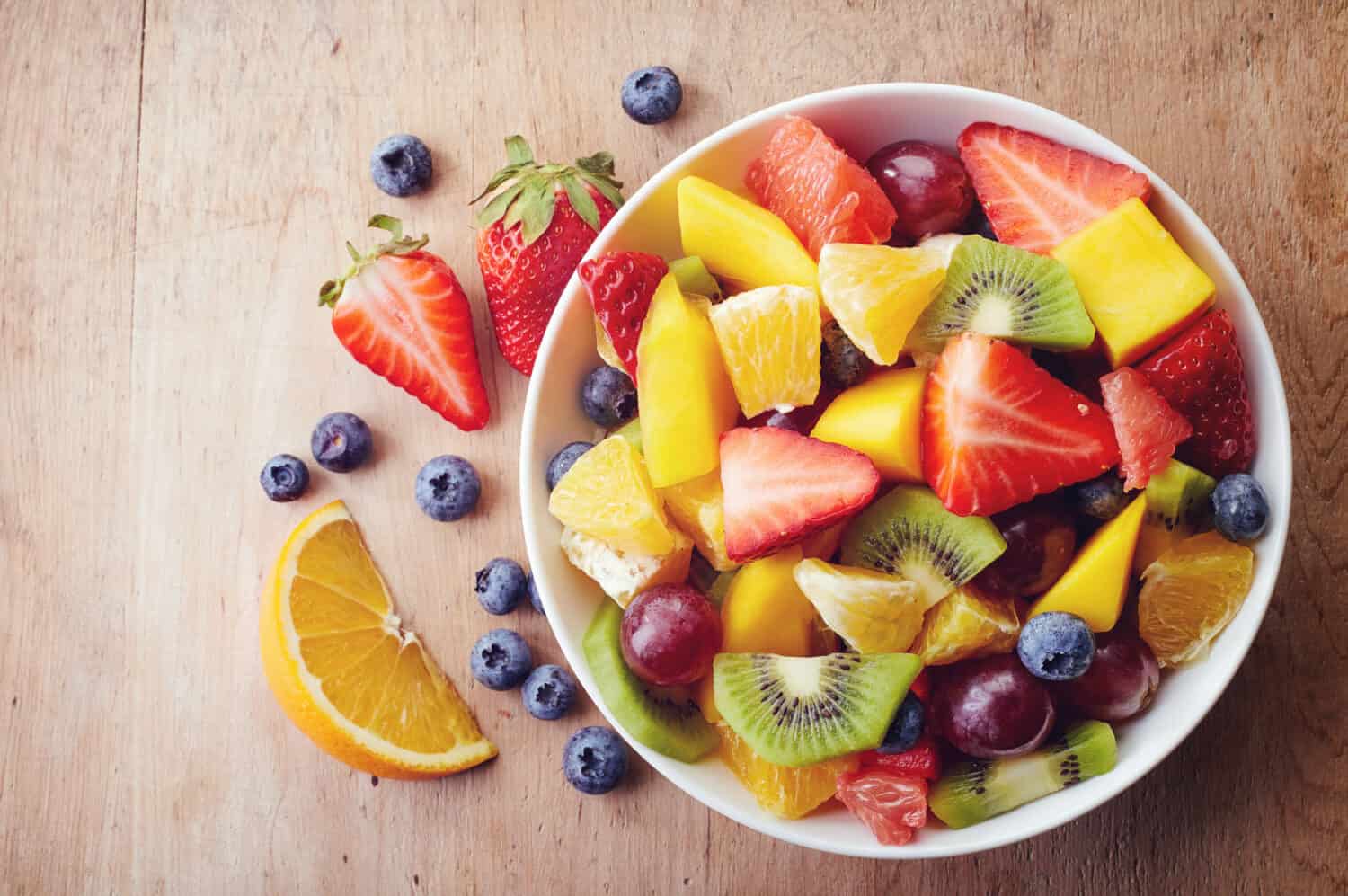



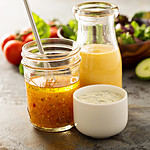

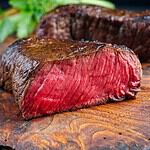
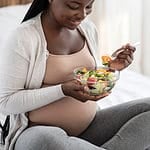



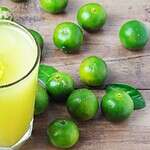



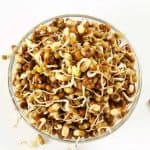






10 Foods Pregnant Women Should Avoid at All Costs
Considering everything that happens to a woman's body during pregnancy, it seems like a cruel twist of fate that there are foods pregnant women have to avoid eating. Combine morning sickness and cravings with these restrictions, and it can be hard to keep your weight up.
Most women find out between 4-7 weeks of gestation that they're pregnant. If you weren't expecting a pregnancy, you may have eaten some of these foods already. If that's you, don't panic! Speak to your doctor and identify anything in your diet that may cause problems, but don't beat yourself up for something you didn't know you were doing.
Here, we'll discuss 10 foods you should avoid during pregnancy and help you understand why you should avoid them, because it's much easier to apply rules when you know why you're doing so.
This post was updated on May 21, 2025, to include more updated information on foods to avoid while pregnant.
Hot Dogs and Lunch Meat
Listeria are bacteria that is sometimes found in hot dogs and lunch meat. Many foodborne germs can't grow in refrigerator temperatures, but listeriosis can. That means hot dogs and lunch meat should be avoided until the baby is born.
If you heat hot dogs and lunch meats before you eat them, they can be safe. Always heat them to at least 165 degrees and eat them right away. Don't store them in the fridge for later. If you insist on buying hot dogs, look for ones that are free of nitrates.
Why You Should Avoid It
There's no need to panic if you've eaten a hot dog or sandwich while pregnant, and remember, these are worst-case scenarios.
Avoiding these foods is important because pregnant women are about 10 times more likely to get listeriosis, according to the FDA. Listeria can cause miscarriage early in pregnancy and has been linked with low birth weight, premature labor, and infant death in the second and third trimesters.
Homemade Dressings and Desserts
The problem with homemade dressings and desserts is the raw eggs. If you make your own dressings or have a chance to enjoy some homemade ones, wait until after the baby is born. Raw eggs are often used in homemade sauces and dressings, while store-bought versions are made with pasteurized eggs. Some examples are Caesar salad dressing, mayonnaise, Hollandaise sauce, and Bearnaise sauce.
Why You Should Avoid It
Raw eggs are a problem for pregnant women since they may have harmful bacteria. Desserts like mousse, meringue, and tiramisu may also contain raw eggs. If you do make a homemade dressing or dessert, only use pasteurized eggs in your recipe.
On a similar note, avoid raw cookie dough while pregnant for the same reason. According to the Centers for Disease Control and Prevention, one in every 20,000 eggs contains salmonella bacteria. This isn't a problem in the finished form because cooking them kills the salmonella.
Undercooked Meat
If you prefer your steak a bit pink in the middle, pregnancy is a time to change your habits. Undercooked meat can cause food poisoning, which can harm you and your baby. Toxoplasmosis can be found in undercooked meat and can lead to miscarriage, stillbirth, or organ damage, while it's harmless in those who aren't pregnant.
Why You Should Avoid It
When pregnant, you're also more susceptible to food poisoning from other foodborne illnesses that can cause cramping, diarrhea, fever, and severe nausea.
To prevent these problems, make sure all poultry and meat is cooked thoroughly before you eat it. Always use a meat thermometer if you're cooking at home. Avoid ready-made meat salads, pates, and meat spreads from the refrigerator, or seafood salads.
Soft Cheeses
Certain cheeses are another food you should avoid during pregnancy. If soft cheese is individually wrapped, they are safer to eat. These are fairly easy to find at the grocery store.
The good news is that if you're a cheese lover, you're not totally out of luck. Hard cheeses like Italian grana and Swiss are fine during pregnancy. Cooked cheese is fine as long as it's cooked to a steaming temperature that kills the bacteria.
Why You Should Avoid It
Similar to lunch meats and hot dogs, there's a small chance that soft or unpasteurized ripened dairy products may contain Listeria, causing listeriosis. Soft cheeses with a white coating have more moisture and are therefore more likely to contain bacteria. Cheeses to avoid include goat, Camembert, Brie, feta, and blue-veined cheeses.
Fresh Juices
Fresh juice seems like a healthy thing to drink when you're pregnant, right? Unfortunately, it can be problematic for pregnant women.
You don't have to completely give up juice while you're pregnant, though. Stick to juice in bottles or boxes from the grocery store. Avoid juices with too much sugar, and if you order juice at a restaurant, make sure it's not freshly squeezed.
Why You Should Avoid It
The whole point of fresh juice is that it's made with raw fruits and vegetables, but there are several problems with it. Some unpasteurized juices contain bacteria and parasites that can lead to neurological damage in a baby.
If you're making your own juice, there's a chance that outside bacteria can get in through the process. Some common bacteria found in unpasteurized foods include Salmonella, E. coli, and Cryptosporidium parasites.
Sushi
It's important to stay away from all uncooked meat during pregnancy, and this includes sushi. Many fish used in sushi like bigeye tuna, yellowfin tuna, marlin, and swordfish are high in mercury. Mercury has been linked to blindness, deafness, brain damage, and other birth defects. Canned light tuna has very little mercury and is okay to eat occasionally, but avoid albacore tuna, king mackerel, tilefish, and shark.
Why You Should Avoid It
In addition to the concerns about mercury, both sashimi and sushi contain raw fish and are more likely to contain bacteria and parasites than fully cooked fish. If it's hard for you to give up sushi while pregnant, don't worry. Just stick to the cooked options.
Raw Sprouts
There are many benefits to eating sprouts, but they can also cause issues during pregnancy. You can keep eating sprouts as long as they are cooked to 165 degrees. Take raw sprouts out of salads or sandwiches at restaurants. Remember that this danger extends to radish, mung bean, clover, and alfalfa.
Why You Should Avoid It
Raw sprouts can contain something we've talked about before here: listeriosis, caused by listeria. Before the sprouts grow, bacteria may enter the seeds, making it next to impossible to wash out.
Even when the seed is clean, the sprouting process creates a prime environment for bacteria to grow. During pregnancy, the immune system is often suppressed, making your body more susceptible to foodborne illnesses.
Refrigerated Smoked Seafood
Many pregnant women choose to eat things like smoked seafood for the taste and health benefits, but this is another food you have to be careful with. If you need Omega-3 acids and can't get them while pregnant, turn to fortified dairy products, soybeans, edamame, and flaxseed. Many opt to take a fish oil supplement while pregnant, but make sure to clear this with your OBGYN.
Why You Should Avoid It
Smoked seafood is a popular snack and often considered a delicacy, but once again, listeria is a concern. You're safe to eat smoked seafood in things like casseroles or if it's been cooked to an internal temperature of 165 degrees. You can eat pickled fish, but avoid raw shellfish and oily fish as they can contain polychlorinated biphenyls and dioxins.
Alcohol
Alcohol is one of the most harmful substances you can expose an unborn baby to. While you may drink before you realize you're pregnant, it's important to stop immediately after you find out.
Why You Should Avoid It
Alcohol can lead to risks of preterm birth, stillbirth, miscarriage, and sudden infant death syndrome (SIDS). It can actually pass through the placenta and reach the fetus, increasing the baby's blood alcohol levels to the level of the mother's. The fetus takes longer to break down, and additional risks include problems with brain development, smaller-than-normal head size, and lower birth weight.
Alcohol can also lead to a serious disorder known as fetal alcohol syndrome, which can cause lifelong disabilities. Children with FAS struggle with central nervous system problems, learning problems, physical disabilities, intellectual problems, and behavioral disabilities.
Unwashed Fruits and Veggies
Fruits and vegetables are great to eat during pregnancy, but it's important thewy're washed. Keep washed and unwashed food separate to avoid cross-contamination. Be careful if you have a home garden, and eat cooked vegetables in restaurants.
Why You Should Avoid It
Some unwashed fruits and vegetables carry a parasite called Toxoplasma that can be particularly harmful to expecting moms and their babies. Other harmful organisms like Listeria, hepatitis A virus, and norovirus can be found on unwashed materials. Run all food under running water, and brush the skin if possible, or use a chlorine-based food disinfectant.
The image featured at the top of this post is ©WESTOCK PRODUCTIONS/Shutterstock.com